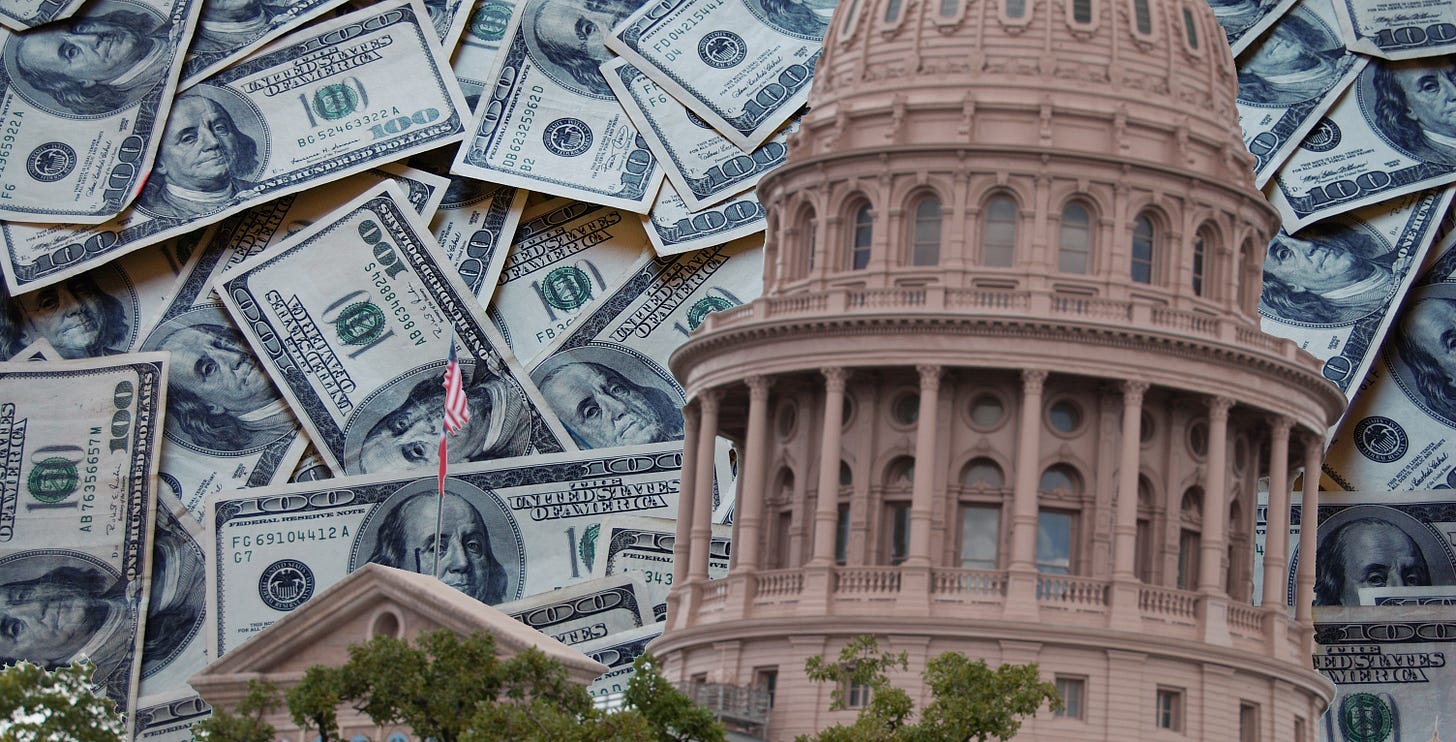Real Campaign Finance Reform
Immediate disclosure is far more valuable than contribution limits.
by Rod D. Martin
November 14, 1997
Initiated Act One, Arkansas' latest attempt at campaign finance reform, recently lost its first battle against the Constitution in federal district court. This is as it should be: it is patently unconstitutional, and will no doubt share the fate of the almost identical Missouri campaign finance law struck down by the Eighth Circuit Court of Appeals two years ago. It is by no means too soon, therefore, to examine where two-thirds of Arkansas voters went wrong, and what better options they might now have.
Though you will never hear it from so-called reformers, it is a long established principle of constitutional law that campaign expenditures are protected political speech under the First Amendment. This just stands to reason. To require spending and contribution limits is really no different from saying that the New York Times may only spend -- or that its investors may only contribute -- a set amount for publication of their newspaper. Surely no one wou…




